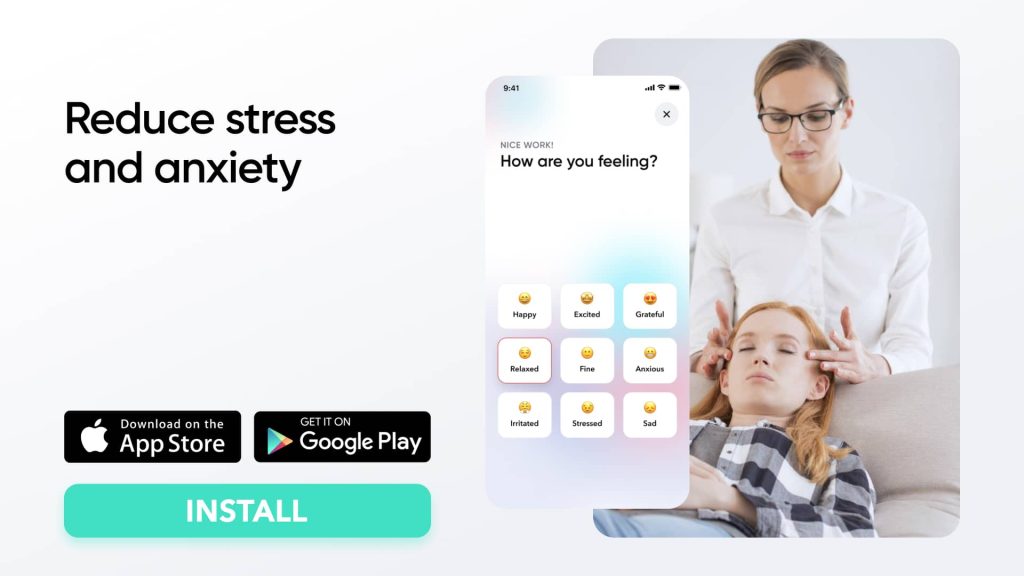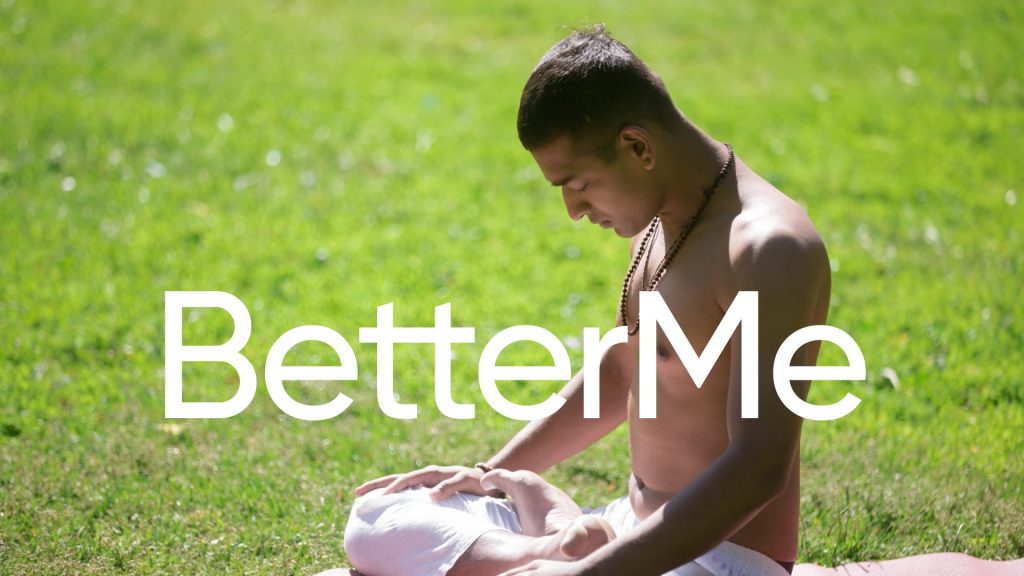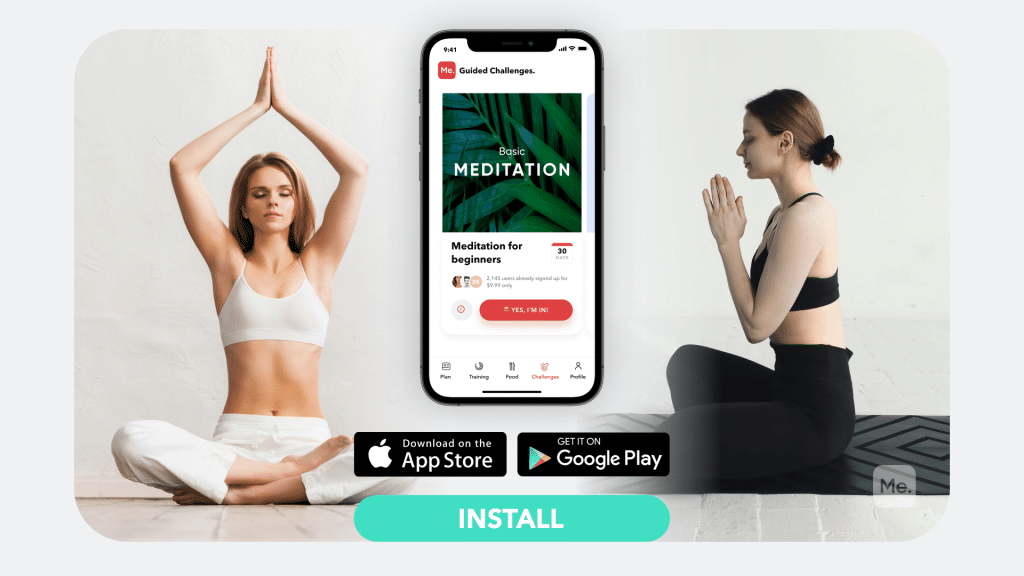When Do You Hold Your Breath?
Every person in the world has tried to hold their breath at least once in their life. When you were a kid you probably competed with your friends for who could hold their breath for the longest. If you ever tried learning how to swim, then you have practiced holding your breath quite often. When you are somewhere that it smells bad, you close your nostrils and hold your breath so that you won’t have to smell that awful odor. These are just a few cases where you have probably consciously held your breath, but there are also cases where you did it without realizing what you were doing, like when you were overflowing with certain strong emotions. But are there any benefits of holding your breath?
As you know, breathing is essential for the maintenance of life. If you stop breathing, your body will eventually be left without oxygen. But if you stop breathing for only a couple of seconds or a few minutes, you may actually experience some positive effects. In this article, you will find out what happens when you hold your breath, what are the benefits of holding your breath, what the techniques are, and what are the side effects of overdoing it.
How Breathing Works?
In order to understand how holding your breath affects your body, first, you need to know what happens during the process of breathing. The process of breathing air in is called inhalation, while breathing out air is known as exhalation (4). First, you breathe in through your nose or mouth, and from there the air you inhale travels into your windpipe, or trachea, which is divided into bronchial tubes, then further divided into smaller air passages – bronchioles (10). These then end in tiny air sacs called alveoli, where oxygen enters the blood and is distributed throughout the body and into each cell (3). The alveoli also absorb the carbon dioxide which was released by your cells and delivered there via the bloodstream, and your body uses the same pathway to remove it from within the body and exhale it.
One may think that this then means that carbon dioxide is harmful, however carbon dioxide is not as bad for your body as you may think, on the contrary your body needs it to support the proper functioning of it’s systems. A lack of carbon dioxide and abundance of oxygen in your cells, which happens when you breathe too fast and too much as during hyperventilation, may cause respiratory alkalosis (11).
The lack of carbon dioxide can be accompanied by spasms, irritability, dizziness, and nausea as your cells have no more carbon dioxide to trade for the oxygen that your blood transports, and in addition the absorption of the oxygen into your cells decreases. When you hold your breath, you give your cells more time to both absorb oxygen and produce carbon dioxide. This is why holding your breath sometimes can increase the amount of carbon dioxide in your cells and be a lifesaver in case of hyperventilation.
Benefits Of Holding Your Breath
You may have not known this but there are a lot of health benefits of holding your breath, besides increasing the amount of carbon dioxide in your cells. To give you a better understanding of this phenomenon, here are some of the benefits of practicing holding your breath and generally improving your breathing functions:
-
Improve Longevity
Improved breathing and lung functions may preserve the health of stem cells, improving your longevity (7).
-
Promote Brain Tissue Regeneration
Studies with newts suggest that practicing breathing techniques and improving breathing functions may promote the regeneration of new tissue in the brain, thus preserving the brain function (2).
-
Induce An Anti-Inflammatory Effect
Research showed that practicing breathing techniques can influence the sympathetic nervous system and the immune system, increasing the production of anti-inflammatory mediators. Therefore, it may be added to the treatment of health conditions associated with excessive or persistent inflammation (8).
-
Increase Your Lung Capacity
The practice of holding your breath as a part of a breathing exercise is one of the most effective ways to increase your lung capacity (9). This in turn can significantly improve your physical performance and is an essential part of the training for swimmers, surfers, runners, even singers and wind instrument musicians.
-
Strengthen Your Diaphragm
The diaphragm is a dome-shaped muscle, located just below your lungs that plays one of the most important roles in the process of breathing. When you breathe in, your diaphragm contracts, creating more space in your chest cavity, and allowing your lungs to expand. When you breathe out, it does the opposite – relaxes and moves upward (6). Strengthening your diaphragm may help to improve your core muscle stability and your body’s ability to tolerate intense exercise. This is also one of the benefits of holding your breath while working out.
-
Protect Brain Cells
An experimental study on baby rats showed that an increased percentage of carbon dioxide in the cells of the body, which can occur as a result of holding one’s breath, may protect the brain cells (1).
-
Reduce Stress And Anxiety
Practicing deep breathing techniques, which often involves holding your breath, may add to stress management, promote relaxation and help you fight anxiety and panic attacks (5).
With stress being a constant presence in our lives, taking time to process emotions, decompress and get into the right frame of mind is absolutely crucial. With BetterMe: Meditation & Sleep app your mental health is in good hands! Start using it now!
How To Hold Your Breath Properly
Depending on your needs, there are different breathing techniques that involve holding your breath which you should try. If your main goal is to reduce stress and relax, you should consider performing one or more of the meditation breathing techniques, as following:
-
4-7-8 Breathing
This breathing technique is believed to reduce anxiety, control stress, and anger, help you get to sleep, and manage cravings. Regular performance of this exercise brings better results. To perform this breathing technique, place the tip of your tongue on the gum pad just behind your top front teeth. Slowly inhale through your nose for four seconds, and then hold your breath for seven seconds. After that breathe out through your mouth for eight seconds. Repeat this rhythm for up to 4 times. If holding your breath for seven seconds seems too difficult at first you can adjust the time, but make sure to preserve the pattern. For example, inhale for two seconds, hold your breath for three and a half seconds, and then exhale for four seconds (5).
-
Kumbhaka Pranayama
The Kumbhaka pranayama is a breathing exercise coming from Hatha yoga. Kumbhaka is translated as “breath retention” and basically means the way of holding one’s breath. There are two variations of this mantra – Antara “interior” and Bahya “outer”, both require you to hold your breath after the inhale and after the exhale respectively. Antara kumbhaka has a 1-1-2 pattern at first, meaning that you inhale and hold your breath for the same amount of time, but exhale more slowly by doubling the time. As you persist and get used to this ratio, you can increase it to 1-2-2, then 1-2-3, and eventually to 1-4-2, for example, you inhale for 5 seconds, hold your breath for 20 seconds, and then exhale for 10 seconds.
You should first master the Antara kumbhaka before getting into Bahya kumbhaka,. When you are ready to begin the Bahya kumbhaka, first completely exhale all the air from your lungs. After this, hold your breath but don’t force yourself. If you feel like you need to inhale – do it. Gradually you will feel like you can hold your breath for a longer period of time.
If your goal is to increase your lung capacity and hold your breath longer, here are some recommendations on how to do it:
-
Involve Diaphragm Breathing
Diaphragm breathing tends to be deeper than your common breathing pattern, that is why in order to fully exploit the capacity of your lungs, you should learn just how to breathe deeply. Diaphragm breathing involves your belly rather than the chest, so when you take a breath make sure that you breathe in such a manner that your stomach rises.
Read More: Meditation Breathing Techniques: A Must-Do In Stress Management
-
Practice More
Practice makes perfect. The more you spend time practicing – the better you will control your breath and be able to increase your lung capacity.
-
Use CO₂ Static Apnea Tables
Hold your breath for 1 minute and then breathe normally for 90 seconds. Repeat, each time gradually reducing your normal breathing periods by 15 seconds.
-
Use Oxygen Tables
Hold your breath for 1 minute and then breathe normally for 2 minutes. Repeat, each time increasing the time you hold your breath by 15 seconds.
-
Don’t Move
Any bodily movement uses up oxygen in your blood, so in order to hold your breath for longer periods you should move as little as possible.
Something tells us you often forget to put all the everyday hustle and bustle on hold and simply concentrate on yourself. It’s time to straighten out your priorities! Take a moment to heal, process your emotions, ground yourself, release all the pent-up tension and recharge with the BetterMe: Meditation & Sleep app before getting back into the race of life!
Risks Of Holding Your Breath
As you know, breathing is vital for your life. It helps to maintain the essential body processes, enriching your body cells with oxygen. Although there are certain benefits of holding your breath for a few minutes, overdoing it may have a negative effect on your body. To understand the dangers of overdoing it, here is what usually happens to your body during this process:
-
30 Seconds
Holding your breath for up to 30 seconds may bring you to a feeling of relaxation and calmness, allowing you to feel in control of your breath.
-
30 Seconds – 2 Minutes
As time passes, your relaxation is replaced by an uncomfortable feeling in your lungs. It may seem like you are running out of air, even though you are not. As you aren’t exhaling, carbon dioxide is building up in your blood.
-
2-3 Minutes
During this phase your stomach may start to rapidly contract and convulse because your diaphragm is trying to cause you to inhale.
-
3-5 Minutes
By the time you hold your breath for 5 minutes, you will begin to feel lightheaded and dizzy. Carbon dioxide builds up more and more, reducing the oxygen in your bloodstream and in turn reducing the amount of oxygen traveling to your brain.
-
5-6 minutes
Your muscles begin to uncontrollably contract, making your body shake. During this phase, holding your breath becomes dangerous and harmful.
-
More Than 6 Minutes
If you hold your breath for longer than 6 minutes, your brain will respond to the lack of oxygen by knocking you unconscious in order to activate the “emergency” automatic breathing mechanisms. If you are underwater during this phase you will end up filling your lungs with water. This is often the lethal result of drowning.
Conclusion
As you already know, you can not live without breathing. This process provides your body cells with oxygen while removing carbon dioxide. And, although it is necessary to breathe, there are a lot of benefits of holding your breath temporarily. These benefits include brain cell protection, improved lung capacity, strengthened diaphragm, reduced levels of stress and anxiety, and even improved longevity. There are a lot of breathing techniques that include the holding of one’s breath. So it is important to study and perform them properly.
If you want to learn how to hold your breath longer underwater, make sure to train under the supervision of a professional. Although holding your breath may have certain positive effects, overdoing it bears serious risks. That is why you always should pay attention to how you feel and never push yourself too hard. Your health and wellness are your number one priority, so be sure to perform all the exercises correctly. Remember, everything is good in moderation.
DISCLAIMER:
This article is intended for general informational purposes only and does not address individual circumstances. It is not a substitute for professional advice or help and should not be relied on to make decisions of any kind. Any action you take upon the information presented in this article is strictly at your own risk and responsibility!
SOURCES:
- Carbon Dioxide Protects the Perinatal Brain From Hypoxic-Ischemic Damage: An Experimental Study in the Immature Rat (1995, pubmed.ncbi.nlm.nih.gov)
- Hold your breath! (2015, ncbi.nlm.nih.gov)
- How do humans breathe? (n.d., bbc.co.uk)
- How the Lungs Work (2019, nhlbi.nih.gov)
- How to use 4-7-8 breathing for anxiety (2019, medicalnewstoday.com)
- Learning diaphragmatic breathing (n.d., health.harvard.edu)
- STEM CELL AGING. A mitochondrial UPR-mediated metabolic checkpoint regulates hematopoietic stem cell aging (2016, ncbi.nlm.nih.gov)
- Voluntary activation of the sympathetic nervous system and attenuation of the innate immune response in humans (2014, ncbi.nlm.nih.gov)
- What exercises can help increase lung capacity? (2020, medicalnewstoday.com)
- What happens to your lungs and respiratory system when you breathe? (2017, webmd.com)
- What to know about respiratory alkalosis (2019, medicalnewstoday.com)

















